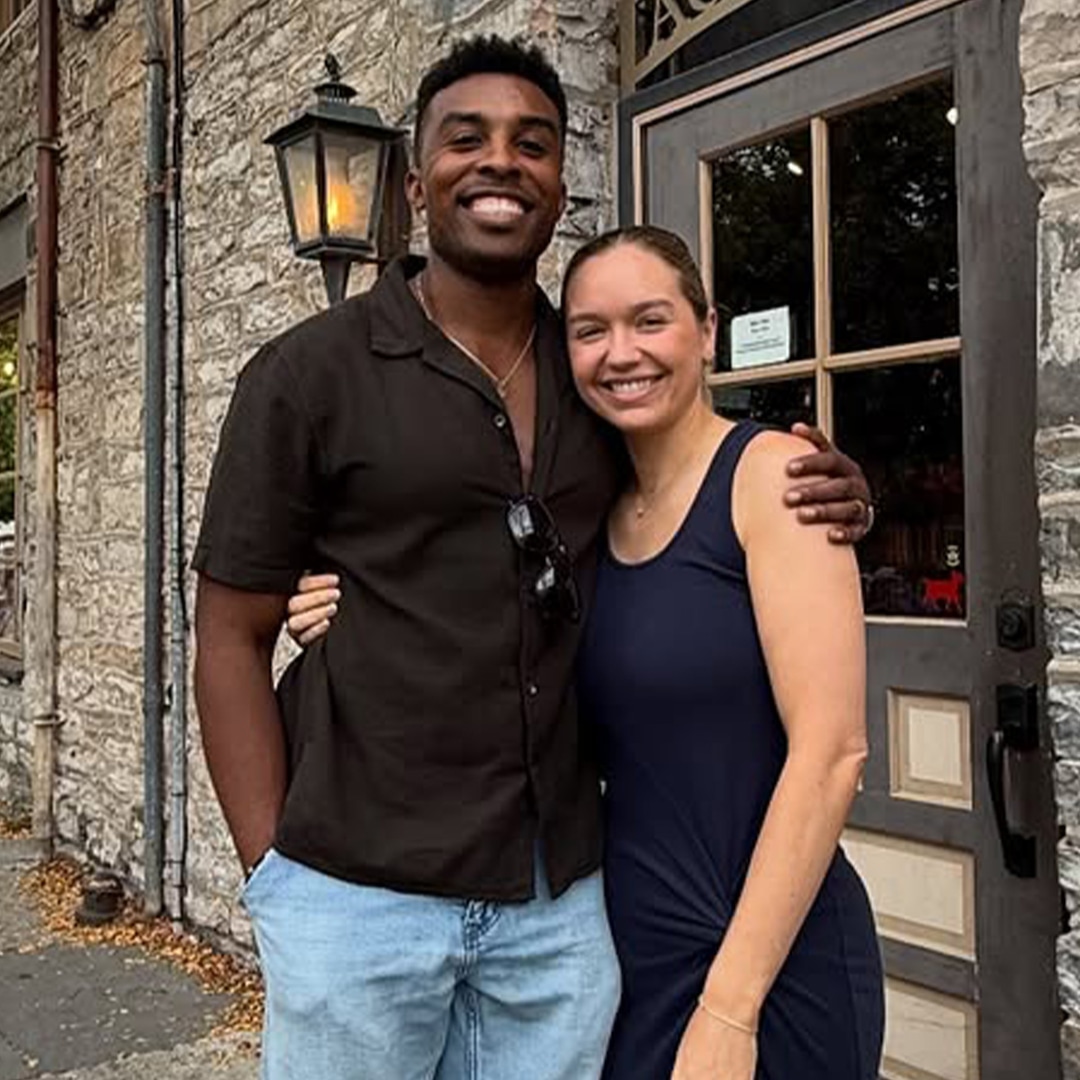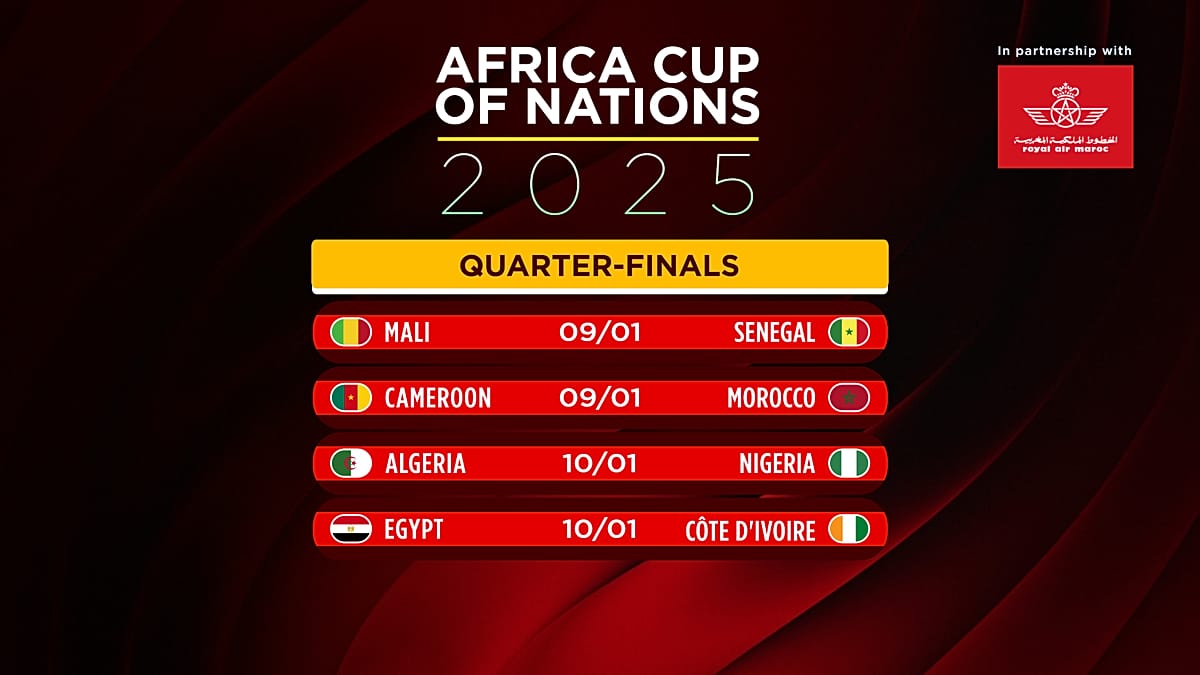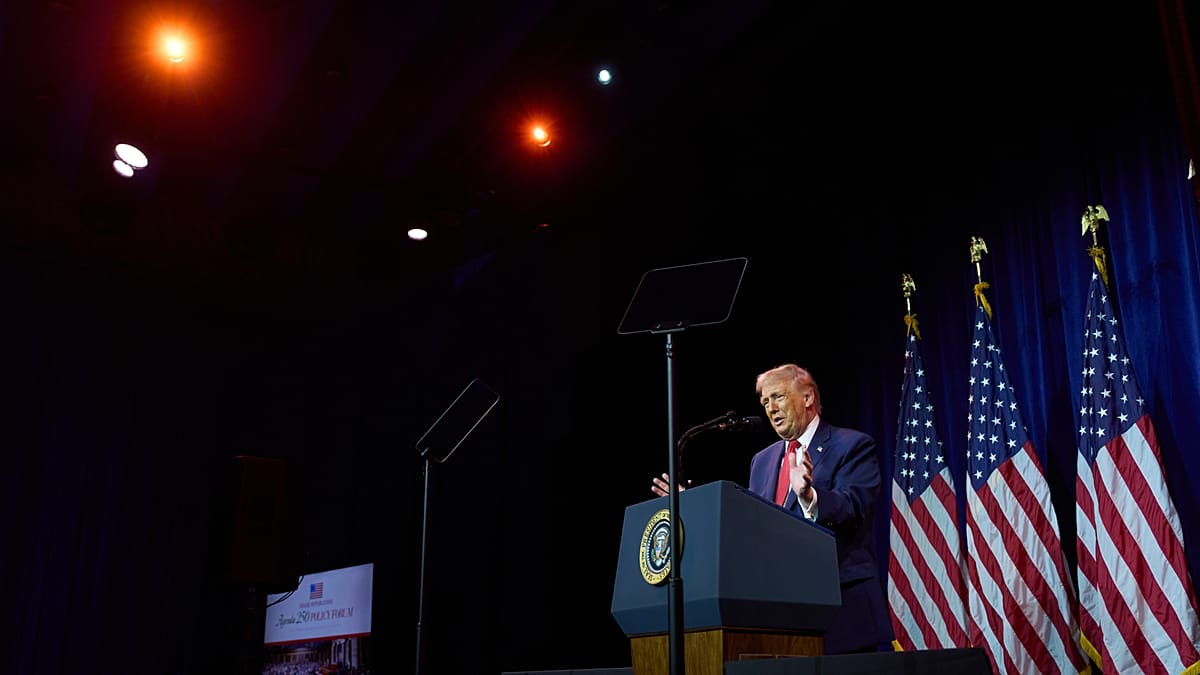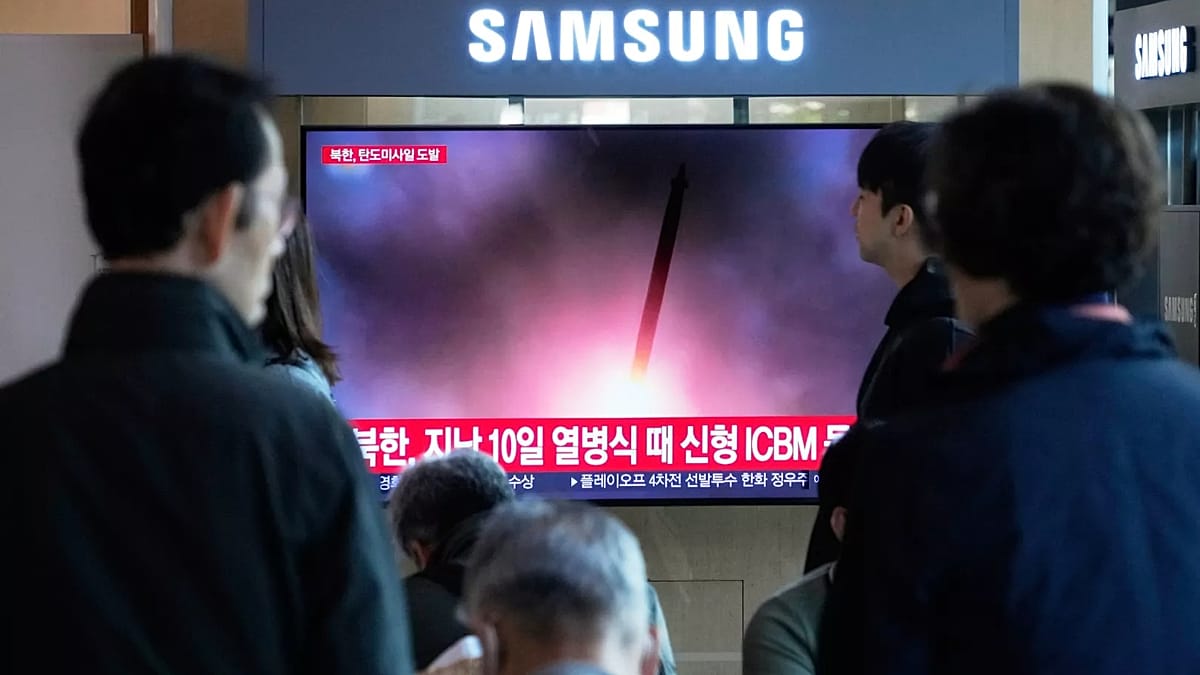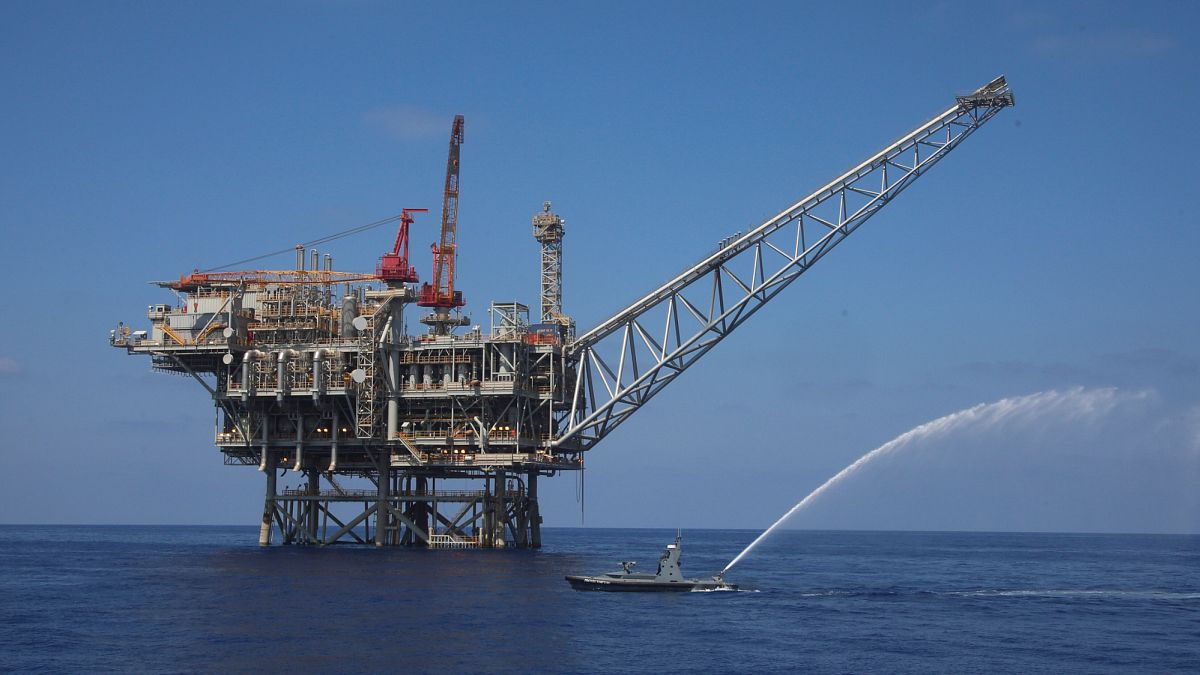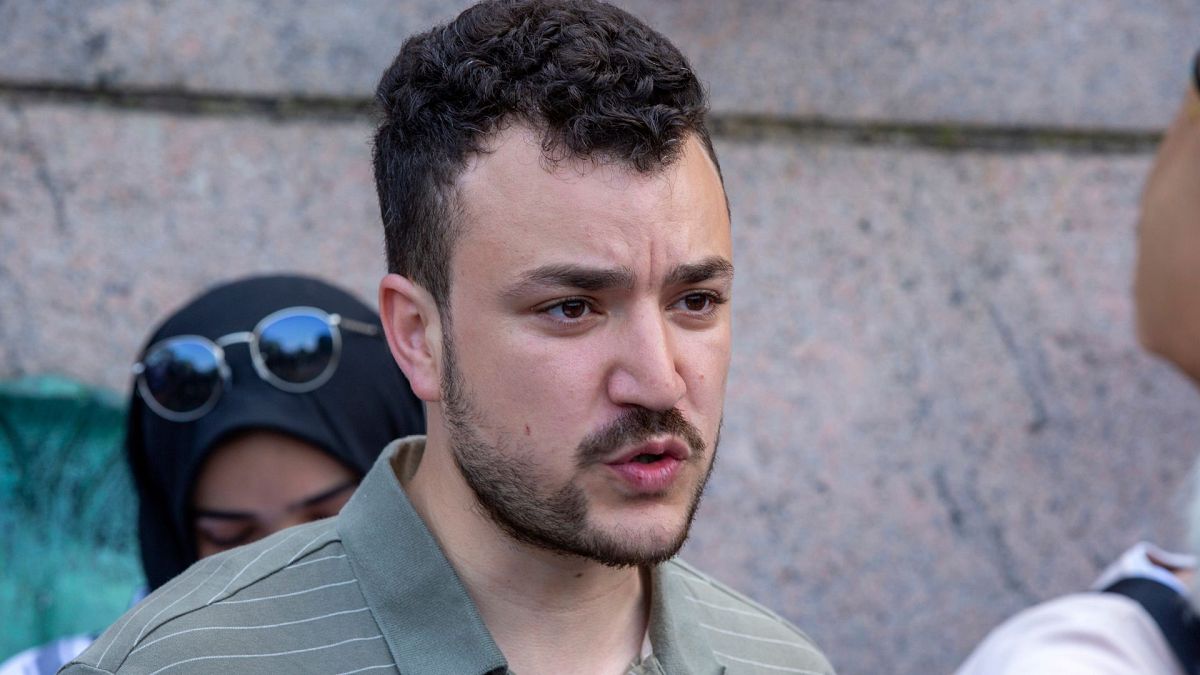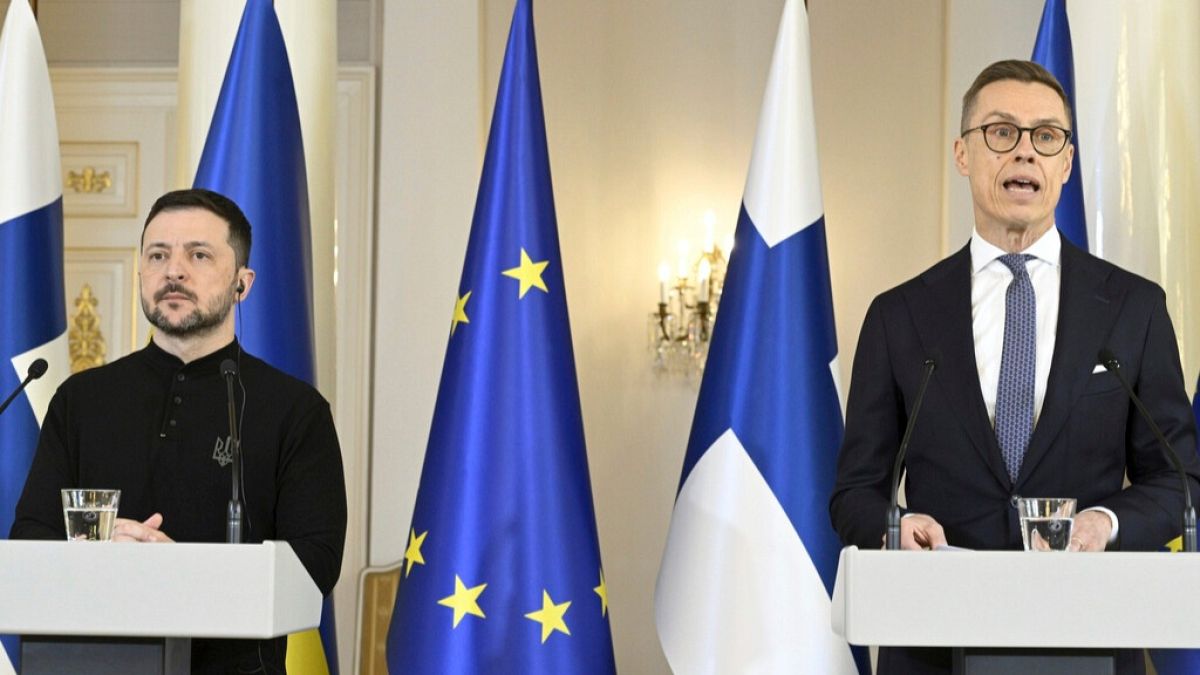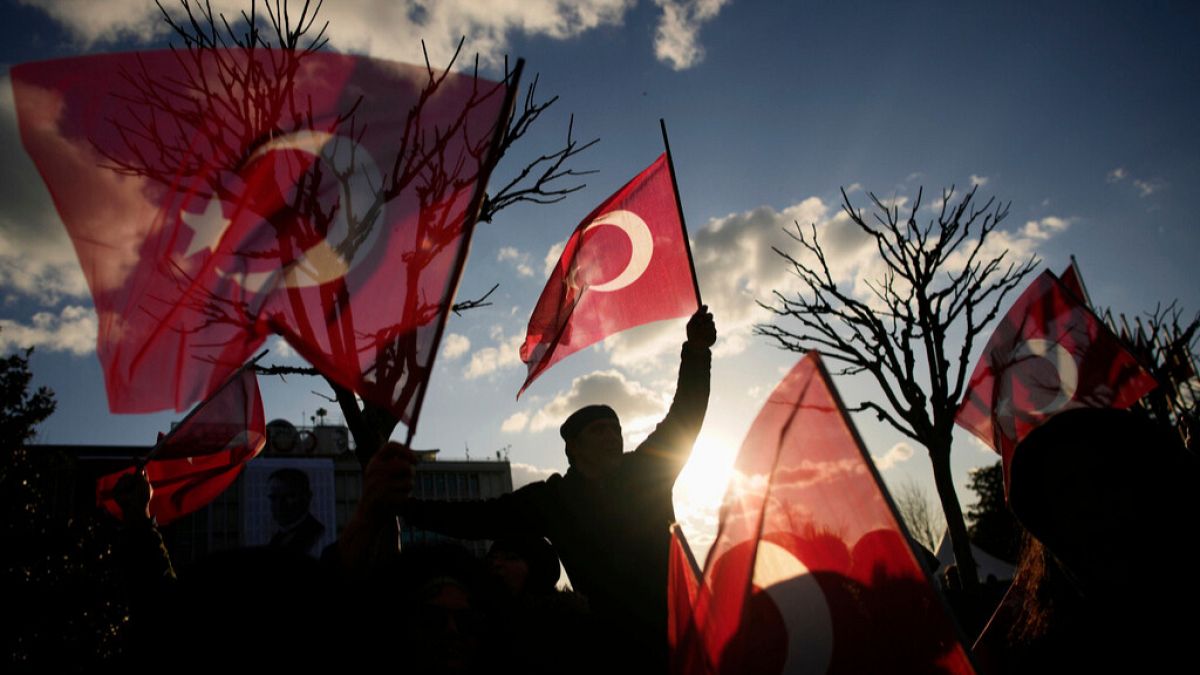Šefčovič: Europeans need not worry about the EU’s trade agreement with Mercosur countries

Brussels – The partnership agreement between the EU and Mercosur and the Modernized global agreement between the EU and Mexico, which were submitted for approval by the European Commission (EC) on Wednesday, are accompanied by internal EU legislation, a mechanism that will protect the interests of member states, farmers, and consumers. In an interview with the Brussels correspondent of TASR, EU Commissioner for Trade and Economic Security Maroš Šefčovič stated that he sees great significance in the agreements for Slovakia as well.
Maroš Šefčovič confirmed that both agreements will create export opportunities worth billions of euros for companies from the EU, support hundreds of thousands of jobs in Europe, ensure necessary critical raw materials for the Union, and create the largest free trade zone with over 700 million consumers.
The agreement with Mercosur is the largest that the EU has signed in its history. It is four times larger than the agreement with Japan.
“The agreement with Mercosur is the largest that the EU has signed in its history. It is four times larger than the agreement with Japan,” he stated. He specified that the European Commission submitted the proposal for its approval together with the trade agreement with Mexico because in both cases, farmers are the most sensitive recipients. According to him, the EU views Mercosur as a grouping that exports food, while Mexico is one of the largest food importers.
The negotiations with the Mercosur countries were the longest that the EU has ever conducted. Šefčovič reminded that the concluded negotiations open the South American market to EU food producers, who will benefit from the reduction of export tariffs.
“For Slovakia, if we look at the automotive industry and engineering, we are moving from over 30 percent to zero in the span of 15 to 18 years. Every year, trade tariffs will decrease, and I think that in light of the current global developments, this is good news for our automotive industry,” said the EU Commissioner.
Šefčovič emphasized that the EC has created sufficient legislative guarantees to protect European interests, while intensively negotiating with member states that had the greatest concerns.
“We will legally anchor how we will implement these guarantees. Every six months, we will monitor all imports, checking whether the increase in imports has exceeded the ten percent threshold or whether there has been a ten percent drop in prices in Europe. If that happens, we can take specific measures that limit the import of sensitive products,” he explained.
The agreements take into account strict European health and environmental standards, so the concerns of Europeans in this regard are unfounded. All imported goods must meet these standards. This means inspections by European veterinarians on-site, checking goods before they are sent to Europe, and increasing checks on goods in ports.
“I hope this will convince those who have questions or concerns about how the agreement will affect agriculture. It is beneficial for all other areas of the economy and will allow us to diversify in the area of critical raw materials, where we see dependence mainly on China,” he said.
Šefčovič confirmed that both the EU and Brazil, which currently holds the presidency of the Mercosur group, are striving to ratify the agreement by the end of this year. The Danish presidency in the EU Council will also be helpful. The Commissioner will meet on Thursday with the chairman of the European Parliament’s Committee on Trade to gain support from EU lawmakers and to counter the skepticism surrounding this agreement. (September 3)
“I hope this will convince those who have questions or concerns about how the agreement will affect agriculture. It is beneficial for all other areas of the economy and will allow us to diversify in the area of critical raw materials, where we see dependence mainly on China.” Maroš Šefčovič



















